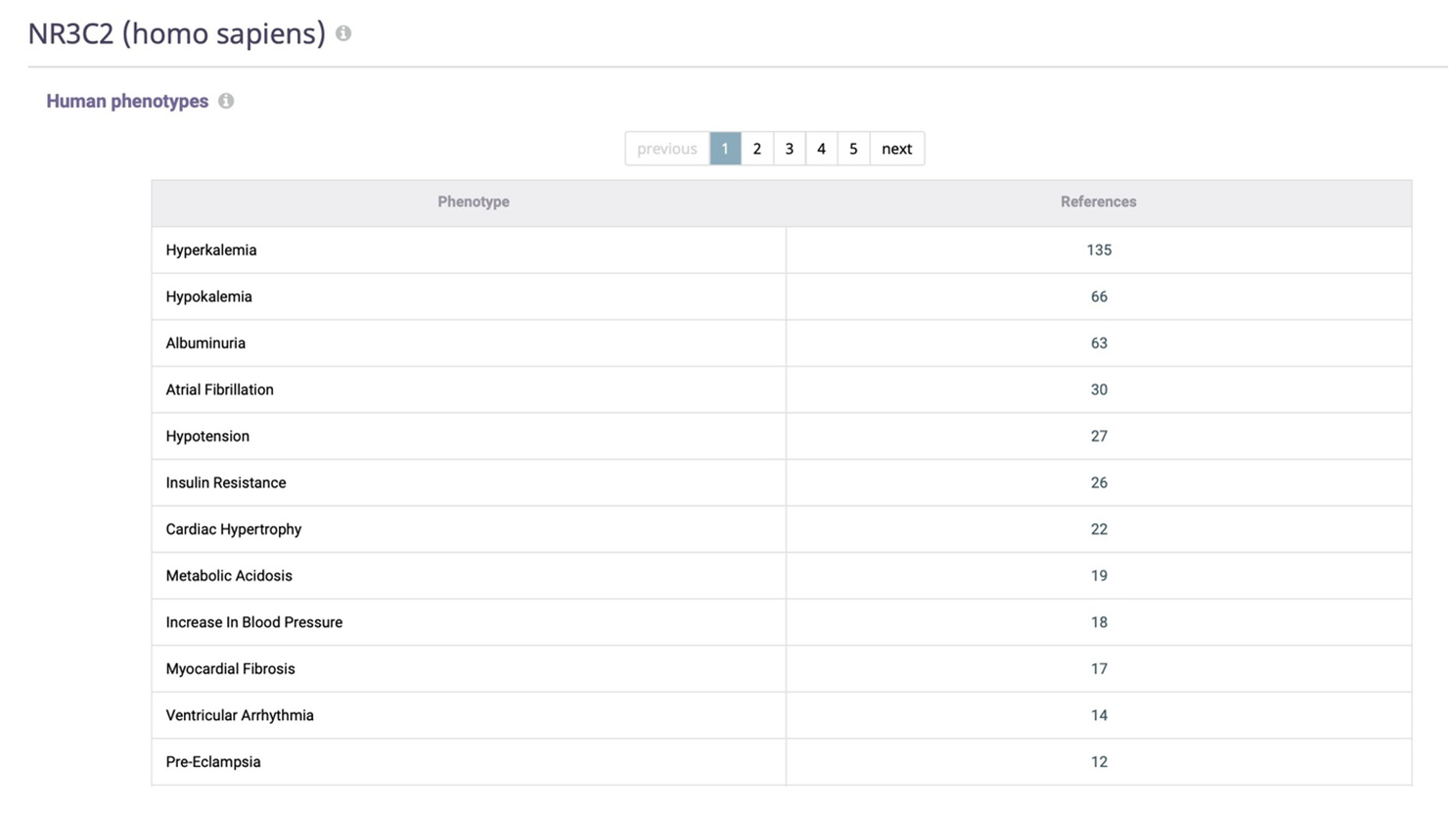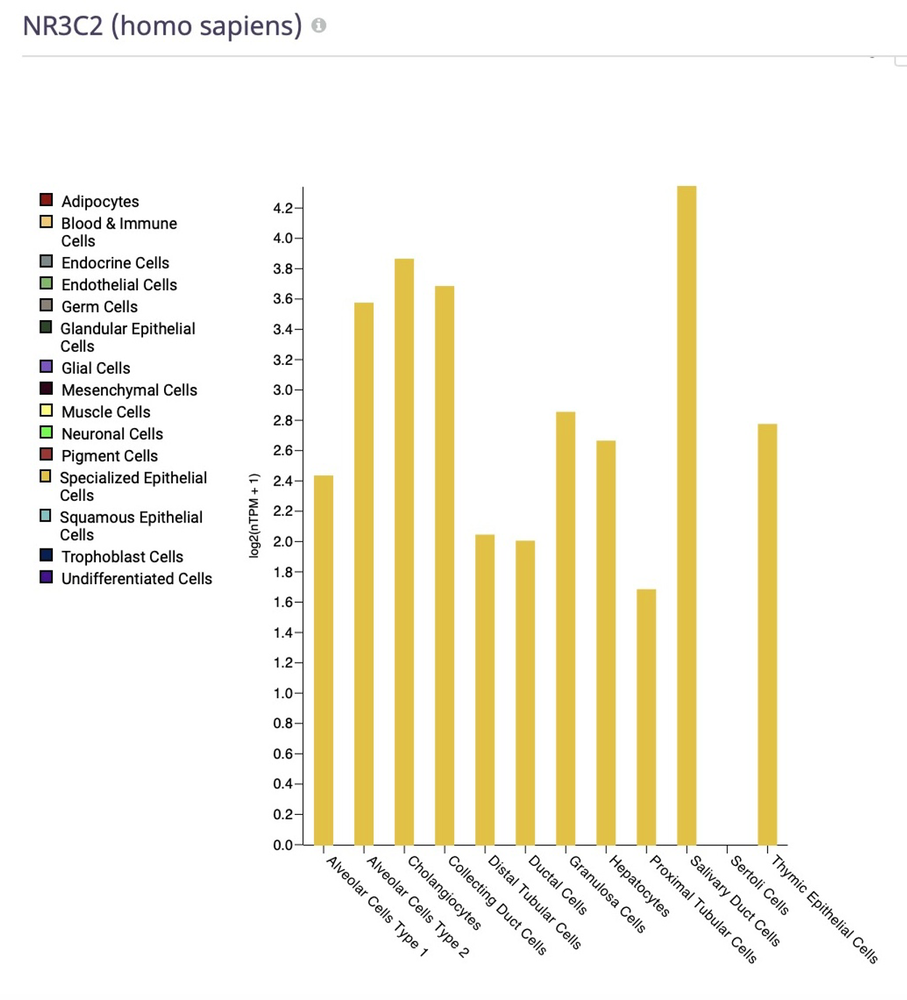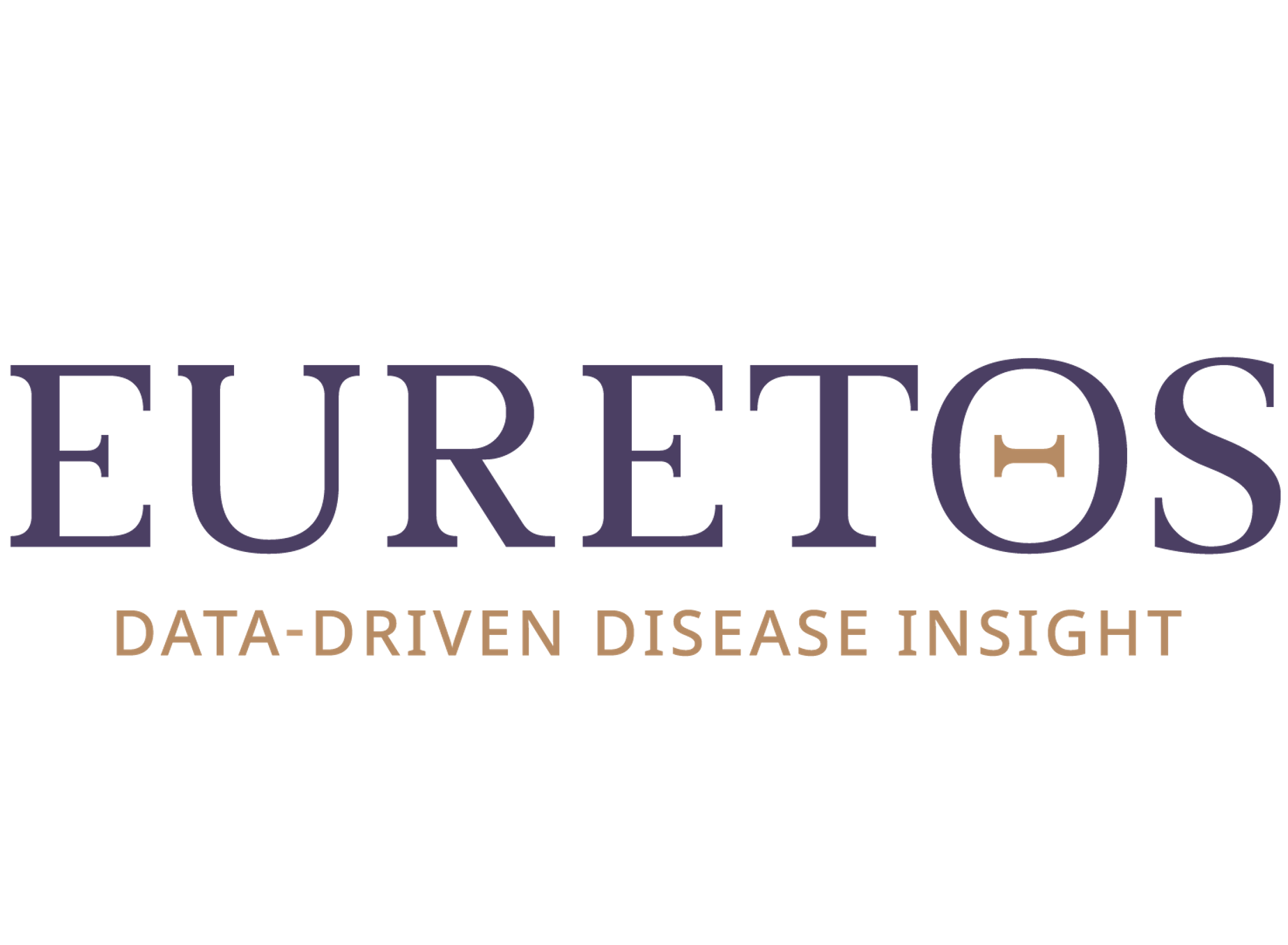March is Kidney Month, a time when healthcare professionals, researchers, and the public come together to spread awareness about kidney health and the critical role kidneys play in our bodies. As we delve into the complexities and triumphs in the field of kidney research, it's an opportune moment to highlight the significant strides made possible by data-driven translational research. For translational scientists and researchers dedicated to battling kidney diseases, this period symbolizes a renewed focus on innovation, collaboration, and patient-centered outcomes.
Our kidneys are pivotal to our health, performing essential functions such as filtering waste products, balancing electrolytes, regulating blood pressure, and stimulating red blood cell production. Their role is fundamental to maintaining homeostasis, a balance that keeps our bodily functions in harmony.
Kidneys are sophisticated organs, each roughly the size of a fist, located on either side of the spine, just below the rib cage. They comprise millions of filtering units called nephrons. However, despite their resilience, kidneys are susceptible to diseases, including chronic kidney disease (CKD), acute kidney injury (AKI), glomerulonephritis, and polycystic kidney disease, among others. These conditions can have a profound impact on global health, significantly increasing morbidity and mortality and serving as key risk factors for cardiovascular diseases.
Recent studies highlight the gravity of kidney diseases and the potential avenues for intervention. For instance, the role of aldosterone and the mineralocorticoid receptor (MR, encoded by the NR3C2 gene) in promoting inflammation, fibrosis, and organ failure underscores the importance of targeted therapies. MR antagonists (MRAs), both steroidal and nonsteroidal, have shown promise in delaying kidney disease progression and protecting kidney function. Research also emphasizes the protective effect of nonsteroidal MRAs on the hearts and kidneys of patients with CKD, showcasing a lower risk of hyperkalemia compared to their steroidal counterparts.

The insights from recent clinical studies serve as a testament to the importance of data-driven translational research in kidney diseases. Translational science bridges the gap between laboratory discoveries and clinical applications, ensuring that promising findings like those related to MRAs translate into effective, safe treatments for patients.

The data underlines the complexity of kidney diseases and the multifaceted approach required to combat them. Translational research facilitates the understanding of disease mechanisms, the development of new therapeutic targets, and the optimization of treatment strategies. It embodies a comprehensive approach, integrating preclinical data with clinical research and real-world evidence, to accelerate the development of innovative therapies.
Furthermore, the study's emphasis on the nuanced differences between steroidal and nonsteroidal MRAs, the potential for combined therapies, and the importance of monitoring and managing treatment side effects exemplifies the depth and breadth of considerations in translational kidney research. These findings not only contribute to the global body of knowledge on kidney health but also underscore the critical role of data in informing health policy decisions, guiding clinical practice, and ultimately improving patient outcomes.
As we observe Kidney Month, let us celebrate the advancements made in kidney research and the ongoing efforts of translational scientists. Their work is instrumental in turning the tide against kidney diseases, offering hope through innovative treatments and a deeper understanding of kidney function and its impact on overall health. Euretos’ translational science platform stands as a beacon for this mission, empowering researchers with the tools and data needed to forge ahead in the quest for kidney health and disease prevention.
Subscribe to our mailing list and receive our quarterly updates!
Read our Terms and Conditions

Keep up with our latest news and events. Sign up for our newsletter.